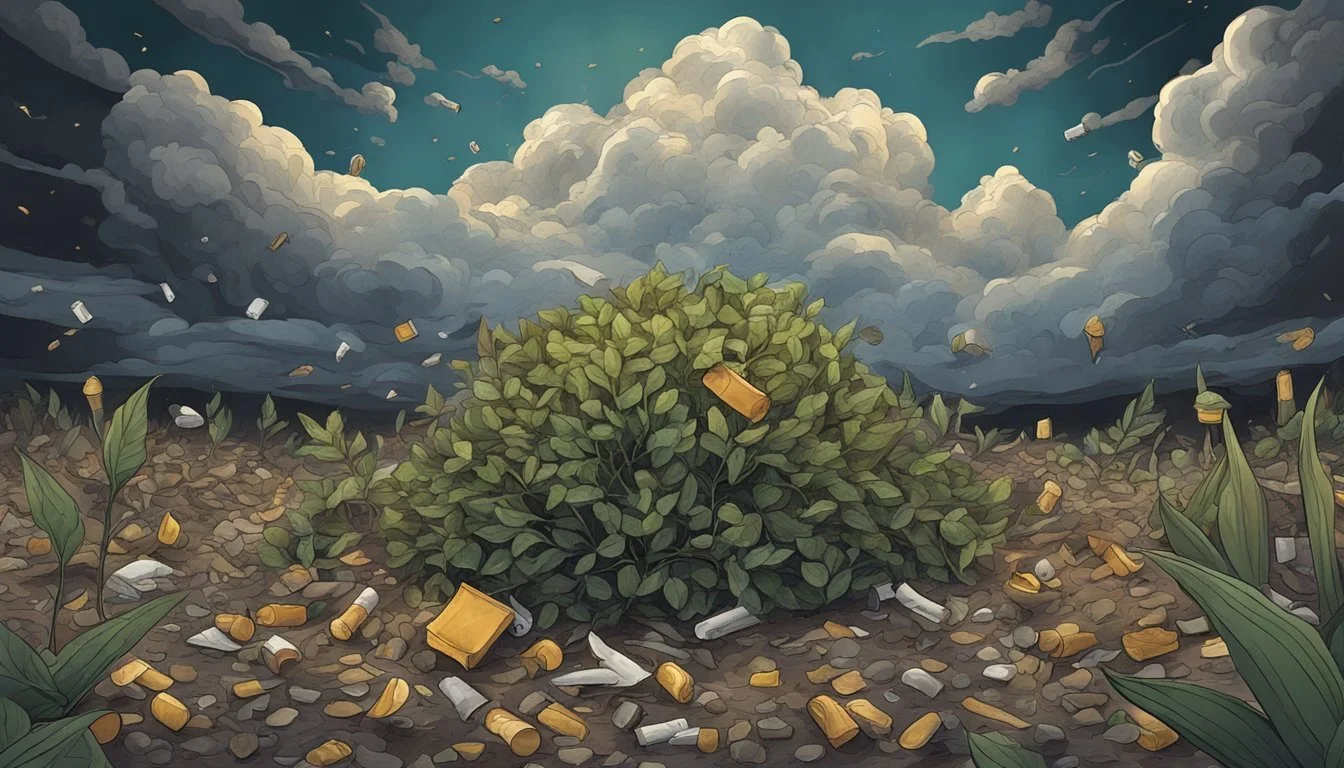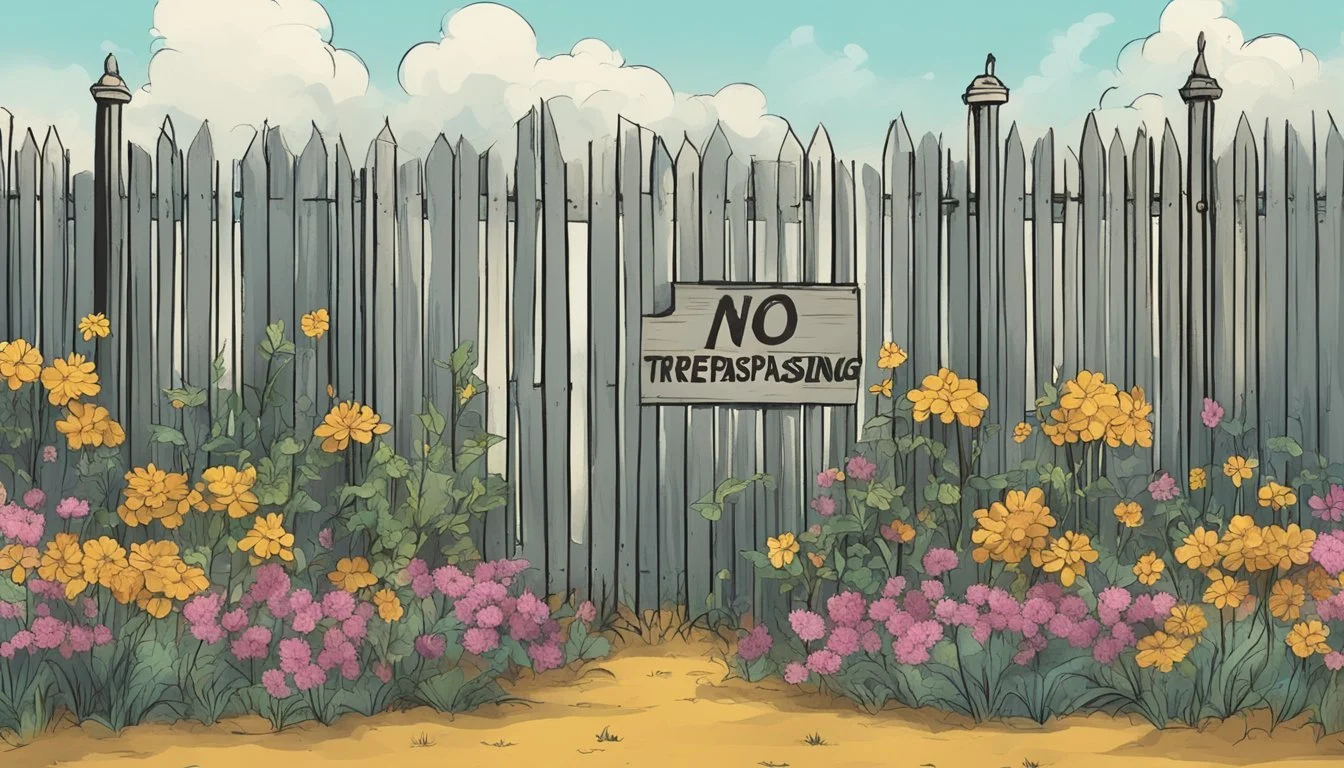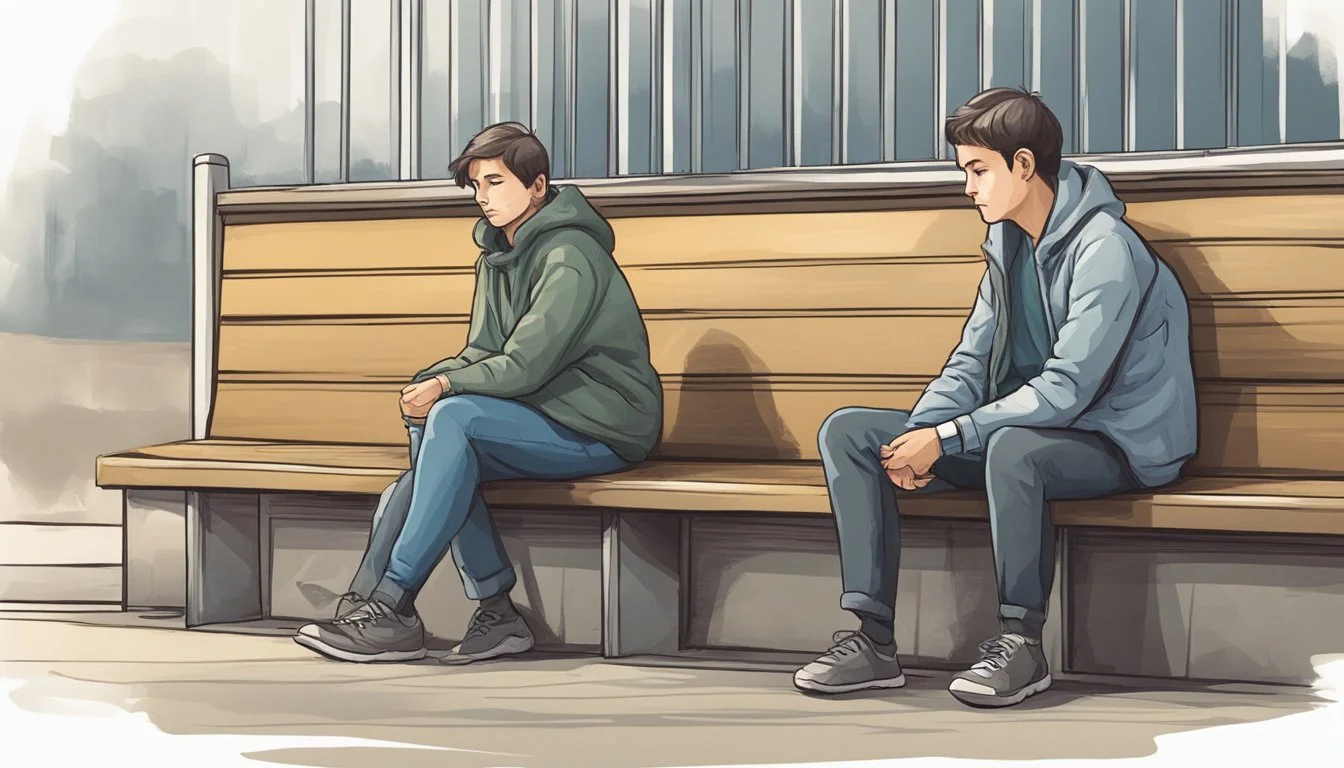Toxic & Fake
Draining, unsupportive, and difficult individuals pose significant challenges in life. In this section, we delve into ways to identify, confront, and handle toxic and fake individuals who enter your life. You deserve to surround yourself with people you genuinely enjoy and who provide unwavering support.
Toxic people are all around us, whether it be at work, in social circles, or even in our own families. They can leave us feeling drained, hopeless, and even doubting ourselves. The same applies for fake people who pretend to be nice and supportive, but their actions don’t match their personality. They have a hidden agenda and often use emotional manipulation to get what they want.
It’s important to understand the psychology behind toxic and fake people, so that we can identify their traits and learn effective coping mechanisms. By understanding their behavior, we can avoid getting trapped in their web of negativity and toxicity. This section will delve into the psychology of toxic and fake people, and provide proven ways to handle them effectively.
Understanding the Traits of Toxic and Fake People
Toxic people are negative, controlling, and self-absorbed. They are often manipulative and enjoy making others feel guilty or inferior. They can be passive-aggressive, with a tendency to blame others for their own mistakes. On the other hand, fake people pretend to be nice and supportive, but their real motives are usually self-serving. They are not genuine and often contradict themselves. They can be charming and charismatic one moment, and cold and distant the next.
The Psychology of Toxic and Fake People
Toxic and fake people often have deep-rooted insecurities and a lack of self-esteem. They feel a constant need to control others because they believe that they are not in control of their own life. They also lack empathy and are unable to understand how their behavior affects others. In some cases, these traits may be due to their upbringing or past experiences.
Effective Ways to Handle Toxic and Fake People
The best way to handle toxic and fake people is to set boundaries and distance yourself from them as much as possible. Limit your interactions with them and avoid engaging in arguments or debates. Don’t take their words or actions personally, and remain calm and composed in their presence. Practice self-care and surround yourself with positive people who lift you up.
Seek Professional Help
If you find yourself unable to cope with toxic or fake people, it’s important to seek professional help. A therapist can help you identify patterns of behavior in yourself and others that may be contributing to toxic relationships. They can also provide you with tools and coping mechanisms that will help you recognize warning signs and avoid getting caught up in harmful situations.
Learn to Forgive
Lastly, it’s important to learn to forgive toxic behavior and fake people. Forgiveness doesn’t mean forgetting or condoning their toxic behaviors, but rather, it’s a way of releasing the anger and resentment that may be holding you back. Forgiving doesn't make them right, but it's a way to heal yourself from the pain and move on with your life.
Conclusion
In conclusion, understanding the psychology of toxic and fake people is crucial in order to identify their traits and learn ways to handle them effectively. By setting boundaries, practicing self-care, and seeking professional help, we can avoid getting caught up in their web of negativity and toxicity. Remember to forgive, not for their sake, but for the sake of your own healing, and emotional well being. Ultimately, the key is to surround yourself with positive people who lift you up and bring out the best in you.
Understanding Difficult Behaviors: Navigating Challenging Relationships
Learn to recognize toxic people and their impact on your life. Discover effective strategies for dealing with negativity, setting boundaries, and preserving your mental health. Understand the psychology behind toxic behaviors and find empowering ways to navigate challenging relationships.
Healing from Resentment: Navigating Relationships with Grudge-Holders
Explore why toxic people hold grudges and learn effective strategies to deal with long-lasting resentment. Discover how to protect your mental health, set boundaries, and foster healthier relationships. Understand the psychology behind grudges and break free from negative cycles.
Navigating Difficult Relationships: When You Feel Targeted by Negativity
Feel like toxic people hate you? Learn why you might be a target and how to cope. Discover expert strategies for dealing with negativity, building resilience, and protecting your mental health. Understand the dynamics of challenging relationships and reclaim your peace of mind.
Recognizing and Addressing Harmful Behavior Patterns in Relationships
Explore common toxic people habits and learn how to recognize them in your relationships. Discover expert strategies for dealing with harmful behaviors, setting boundaries, and protecting your mental health. Understand the impact of toxic habits and take steps towards healthier interactions.
Setting Healthy Limits: Why Boundaries Challenge Difficult Relationships
Discover why toxic people hate boundaries and learn effective strategies to establish and maintain them. Explore expert insights on recognizing boundary-pushing behaviors, asserting your needs, and protecting your well-being in challenging relationships.
Understanding Toxic Behavior: The Nuances Beyond "Good" or "Bad"
Are toxic people good or bad? Explore the nuances of challenging behaviors and relationships. Discover expert insights on identifying toxicity, understanding its roots, and learning how to respond effectively. Get a balanced perspective on human complexity.
Navigating Toxic Relationships: Your Top Questions Answered
Toxic people got questions? We've got answers. Explore expert insights on identifying toxic behaviors, setting boundaries, and protecting your well-being. Get practical advice for dealing with difficult relationships and fostering a healthier environment.
Breaking the Cycle: How to Address and Prevent Toxic Gossip
Discover effective strategies to deal with toxic people gossip. Learn how to recognize harmful rumors, confront gossipers, and protect your reputation. Expert advice on creating a positive environment and stopping the spread of negativity.
Recognizing and Responding to Toxic Behavior in Relationships
Learn to recognize toxic people and their behaviors. Discover effective strategies to deal with difficult personalities, set healthy boundaries, and protect your mental well-being. Expert advice on navigating challenging relationships.
Establishing Boundaries: How to Distance Yourself from Toxic Relationships
Discover how to make toxic people go away from your life. Learn powerful techniques for setting boundaries, protecting your mental health, and creating a positive environment. Gain practical advice for dealing with difficult relationships.
My Wife Has Destroyed Me Emotionally: Understanding the Impact
Read about the profound impact of emotional trauma in the article "My Wife Has Destroyed Me Emotionally." Learn to recognize the signs, understand the effects on mental health, and find pathways to healing and recovery.
He Mentally Destroyed Me: Understanding Emotional Abuse and Its Impact
Explore the profound effects of emotional abuse in the article "He Mentally Destroyed Me." Learn to recognize the signs, understand the impact on mental health, and discover pathways to healing and recovery.
You Ruined My Life Letter: Addressing Pain and Finding Closure
Read a powerful letter titled "You Ruined My Life," detailing the emotional turmoil and path to recovery after a devastating betrayal. Explore themes of heartbreak, resilience, and personal growth.
I Loved You and You Destroyed Me Letter: A Heartfelt Revelation
Read a poignant letter titled "I Loved You and You Destroyed Me," expressing deep emotional pain and the journey towards healing. Explore themes of love, betrayal, and personal growth.
Signs Someone Is a Good Person: Key Characteristics to Recognize
Discover the 10 key signs that indicate someone is a genuinely good person. Learn how to recognize these positive traits and foster meaningful, trustworthy relationships.
Signs Someone Is Not a Good Person
Learn the 10 key signs that indicate someone might not be a good person. Discover how to recognize these negative traits and protect yourself from harmful relationships.
How to Tell if Someone is a Good Person
Learn how to identify if someone is a good person by exploring key traits and behaviors. Discover what makes a person genuinely kind, trustworthy, and compassionate.
Signs That You Are Not a Good Person
Explore 10 revealing signs that you might not be as good a person as you think. Learn how to identify these behaviors and take steps towards personal growth and positive change.
6 Ways to Spot a Friend Who Constantly Seeks Sympathy and Pity
Discover the 6 key signs that a friend may be constantly seeking sympathy and pity. Learn how to recognize these behaviors and manage your interactions for a healthier friendship.
7 Characteristics of Emotionally Unavailable Siblings
Explore the 7 defining characteristics of emotionally unavailable siblings. Learn how to recognize these traits and understand their impact on your family relationships and emotional well-being.




















